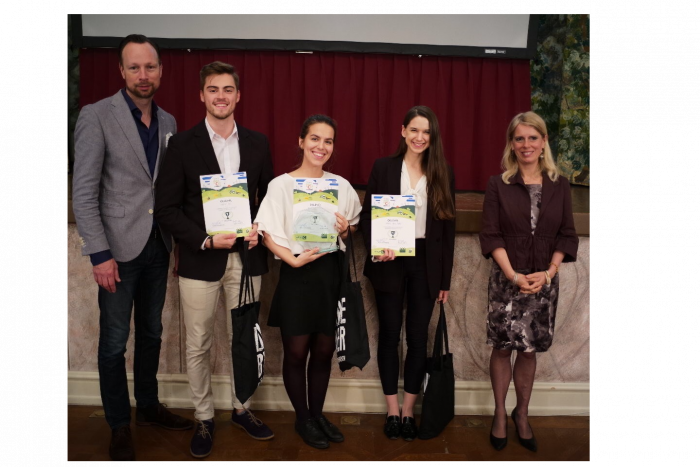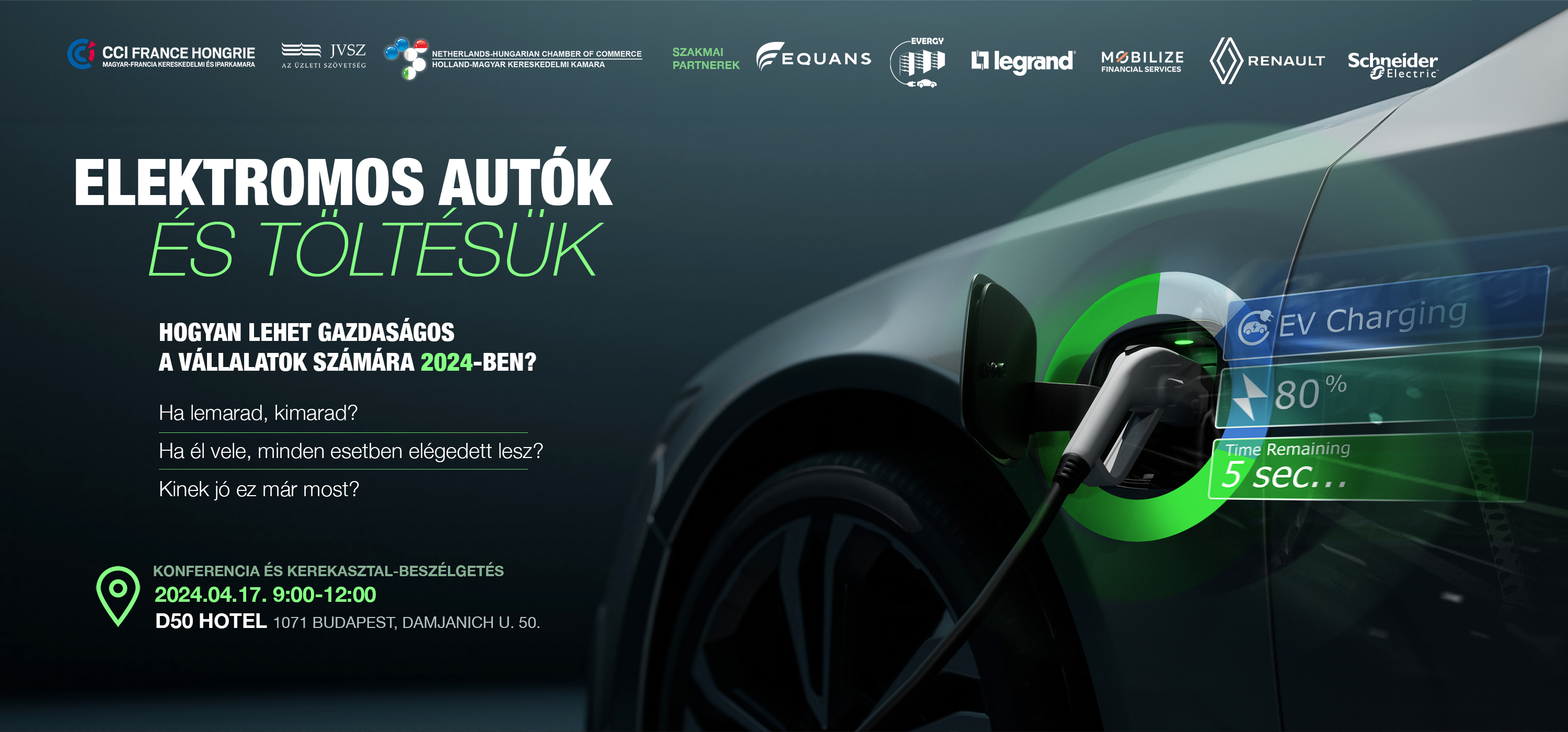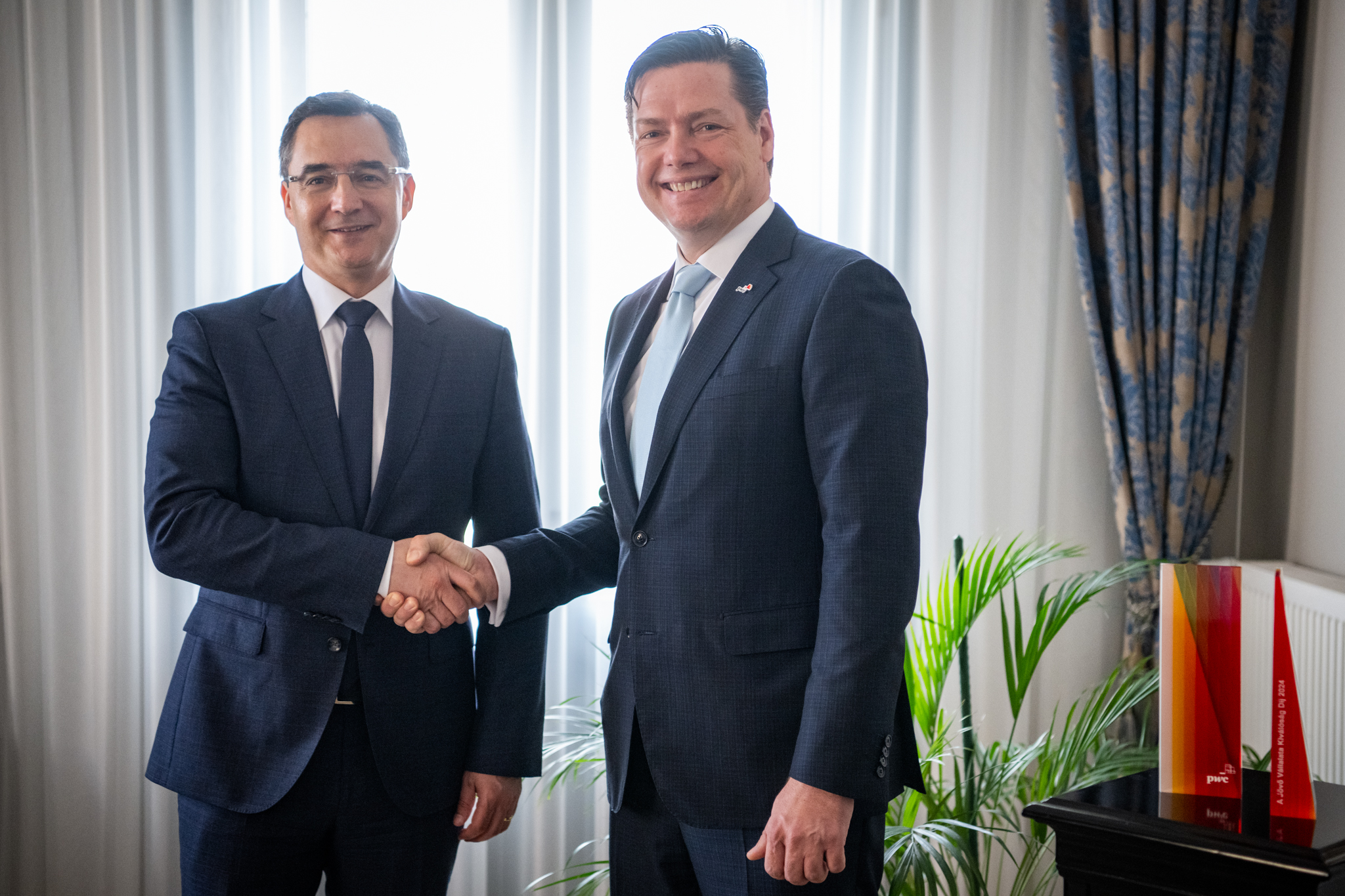Heineken rewards idea for making beer production greener

Heineken Hungary has rewarded university studentsʼ ideas for greener beer production under the "Drop the C" (Dobd a C-t) sustainability competition, according to a press release sent to the Budapest Business Journal.
From left: Geert Swaanenburg, Luca Ágnes Farkas, Anna Nyvelt, Ákos Schmidt, Dr. Diana Ürge-Vorsatz
The jury evaluating the ideas was led by Nobel prize-winning climate researcher and CEU professor Dr. Diana Ürge-Forsatz.
"Many large enterprises take their climate footprint very seriously, but in order to reach the goals of the Paris Agreement, everybody has to shift into a higher gear," she says.
"In many cases it is the youth of the 21st century who see 21st century solutions most clearly; sometimes they are the ones who dare to re-explore old solutions believed to be buried."
Most ideas from the competing teams revolved around logistics and packaging solutions, as the CO2 and waste production of companies is the highest in these two areas.
The most creative ideas included using microalgae-technology. Among the best submissions, there were solutions such as haulage reform, and a complex work encompassing multiple processes. Another project explored the idea of using recyclable paper for packaging Heinekenʼs drinks.
"Apart from our prominent results, the competition meant a great chance to involve the most creative age group that is also the most committed to protecting the environment: university students," says Geert Swaanenburg, CEO of Heineken Hungary.
"We heard fantastic presentations; the youth presented us with really innovative ideas."
This is the second time in a year Heineken has issued a call for ideas and organized the "Drop the C" competition. The event aims at bringing Heineken closer to being the worldʼs greenest beer manufacturer by 2020 via sustainable solutions that fit the companyʼs international strategy, according to the press release.
Heineken Hungary currently uses only 3.3 liters of water to make a liter of beer, which is a 23% decrease compared to 2008. The manufacturing-related CO2 output has been decreased by 50% since 2008, meaning 4.3 kg Co2 per hectoliter of beer. The output due to cooling also decreased thanks to newly bought green refrigerators, by 57%.
This competitionʼs winning team came from Corvinus University Budapest and consisted of Luca Ágnes Farkas, Anna Nyvelt,and Ákos Schmidt. The team received a prize of HUF 500,000 and an opportunity to realize their winning idea.
SUPPORT THE BUDAPEST BUSINESS JOURNAL
Producing journalism that is worthy of the name is a costly business. For 27 years, the publishers, editors and reporters of the Budapest Business Journal have striven to bring you business news that works, information that you can trust, that is factual, accurate and presented without fear or favor.
Newspaper organizations across the globe have struggled to find a business model that allows them to continue to excel, without compromising their ability to perform. Most recently, some have experimented with the idea of involving their most important stakeholders, their readers.
We would like to offer that same opportunity to our readers. We would like to invite you to help us deliver the quality business journalism you require. Hit our Support the BBJ button and you can choose the how much and how often you send us your contributions.








